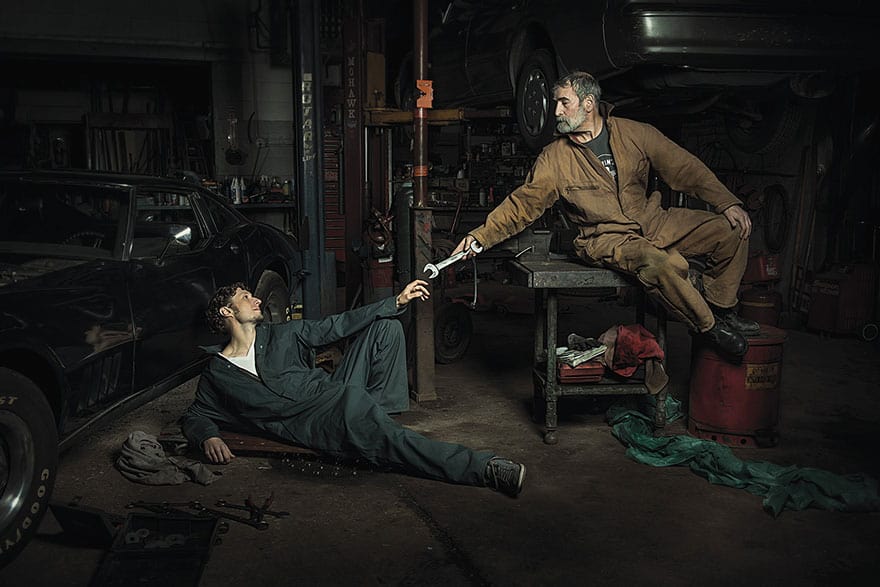
What does the reliability engineer do?
Do they design reliable products? Or Do they guide the development of reliable products?
It’s some mix of course. It depends on the process for the organization they operate in. I will point out that neither extreme works. I am often surprised with how many organizations I see that still have the 1950’s model of ” Design it and then give it to the reliability team to make it reliable.” I still don’t believe there is a single person in any engineering role in any engineering organization that believes that works.
That is what one of my old mentors used to call a “window dressing program”. No one believes it actually helps the product but you get to take your customers around your facility and show them all the great testing you are doing (SILENT END OF SENTENCE ” on out of rev parts and in a program phase where results can’t be implemented.”).
“Here you go guys. Test it and make it (air quotes) Reliable”
The other extreme is a reliability team that just directs DFR activities doesn’t work too well either. There will not be a very receptive design team if reliability doesn’t seem to have any “skin in the game”. They sit in a director’s chair commanding the team to do this and do that. But to be honest I have rarely seen this as an actual organizational standard. I have seen it in certain phases of a program or associated with a specific activity. Like I said it doesn’t go very well.
If a previous reliability engineer was the VP of engineering this is what I imagine they would implement as a standard role profile for reliability engineering
Reliability as process leader
Reliability as contributor (Reliability ENGINEER)
- ALT, HALT, Stress Margin, Cycle Test Designer. Produce protocols, manage fixture design and construction, data acquisition.
- Root cause analysis partner with designers
- Design recommendations based on experience with robustness
- Assist Project Manager with budgeting of time, resource, and money
- Field failure investigator (get’s on a plane and goes to customer site with Quality and Designers)
I think you can see that there is a theme of partnership, co-ownership, in the ideal role. There is a clear message that the design is reliable and this product asset is a part of the company brand, so every employee owns it.
-Adam (not the one in the picture)

 Ask a question or send along a comment.
Please login to view and use the contact form.
Ask a question or send along a comment.
Please login to view and use the contact form.
Leave a Reply